Opinion: Russell T. Davies Cannot Redeem ‘Doctor Who’
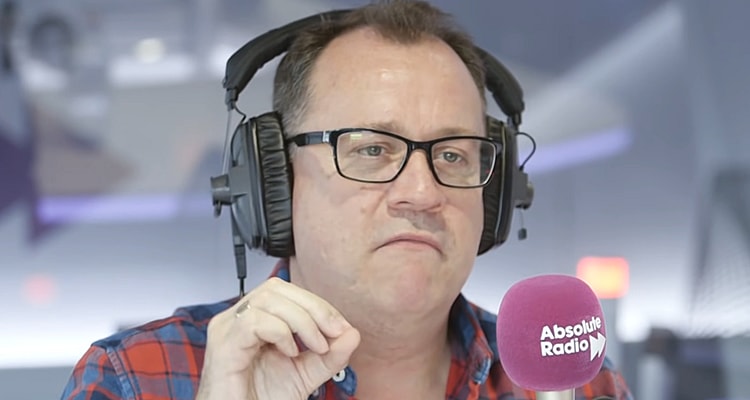
A few months ago, news broke that original Doctor Who reboot showrunner Russell T. Davies would be making a triumphant return to the series and reclaim his former role as showrunner.
For a brief moment, longtime Whovians upset by the drop in quality in the latter Moffat years and the disastrous damage done by Chris Chibnall felt somewhat excited.
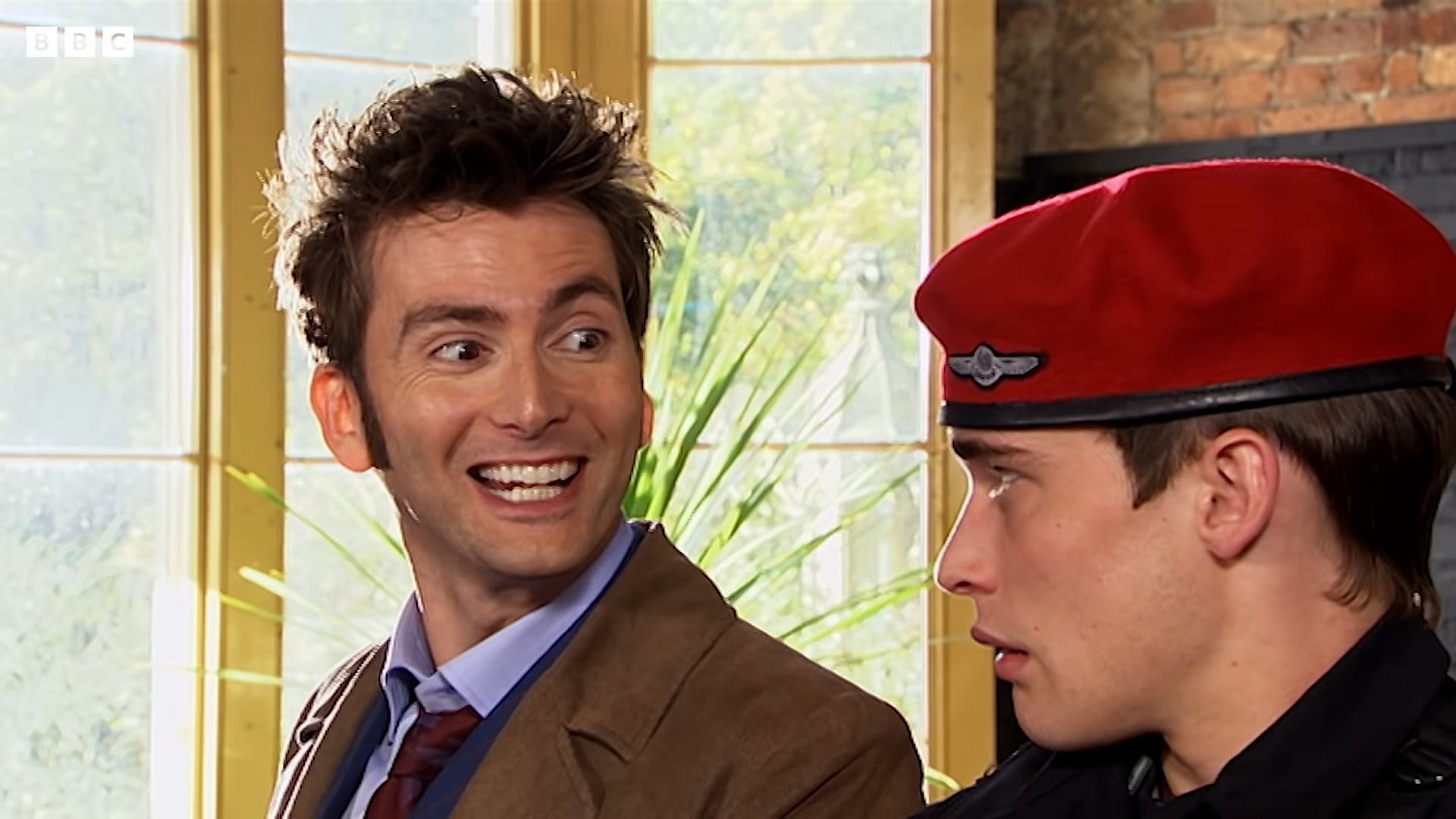
RELATED: Doctor Who Casts Transgender Actor To Play Character Named Rose
After all, surely, the man who successfully brought Doctor Who back to the public consciousness would be the right choice to restore the show to its former glory.
However, in the months since this announcement, it’s quickly become apparent that Davies has no intentions of doing anything like that, but will instead traverse the path of doom that is radical identity politics.

Davies’ first order of business was to dump on the show’s lustrous history by slipping in a transgender actor named Yasmin Finney as “Rose,” obviously a reference to the original reboot companion played famously by Billie Piper.
Finney is a biological male who believes he’s a female, and Davies could not be happier with the casting decision.

RELATED: BBC Launches New “Very Gay, Very Trans” Doctor Who Audio Drama Podcast
Is this really a shock, though? Has Davies only now just flipped his wig and decided to go full-bore identity politics?
It’s no secret that he injected Doctor Who with LGBTQ messaging as early as the first season back in 2005.
Yet, back then, nobody cared because not only was there very little in the way of propagandizing, but the characters and stories were also great.

In Davies original run, the cast was truly inclusive, in a way that mimicked real-world dynamics.
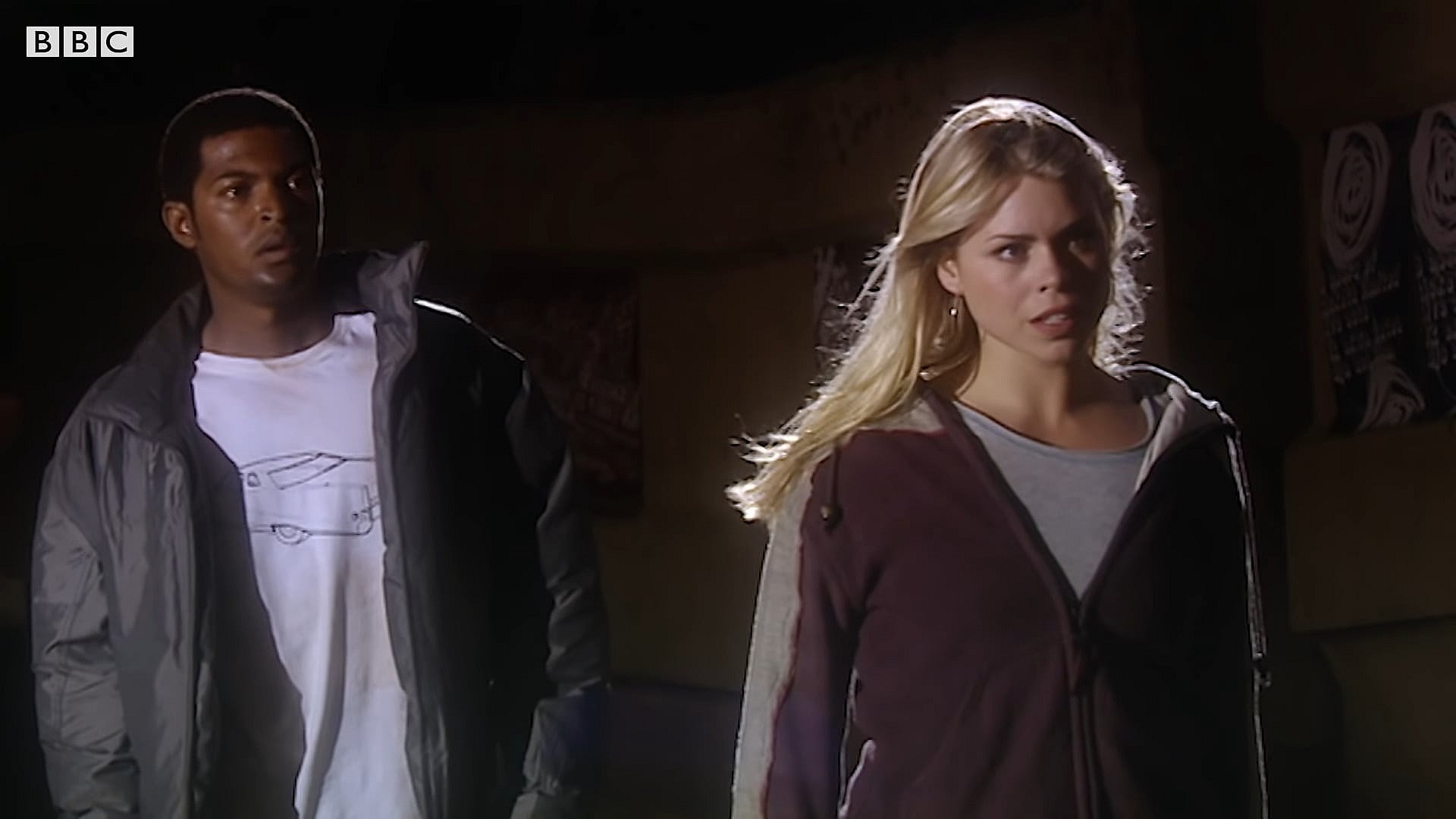
Everyone could be a part of Doctor Who, provided they got along with one another, and accepted each other’s preferences and proclivities.
However, the warning signs that Davies was heading down a dark directorial path started to emerge years ago not in Doctor Who, but rather its spinoff series, Torchwood.
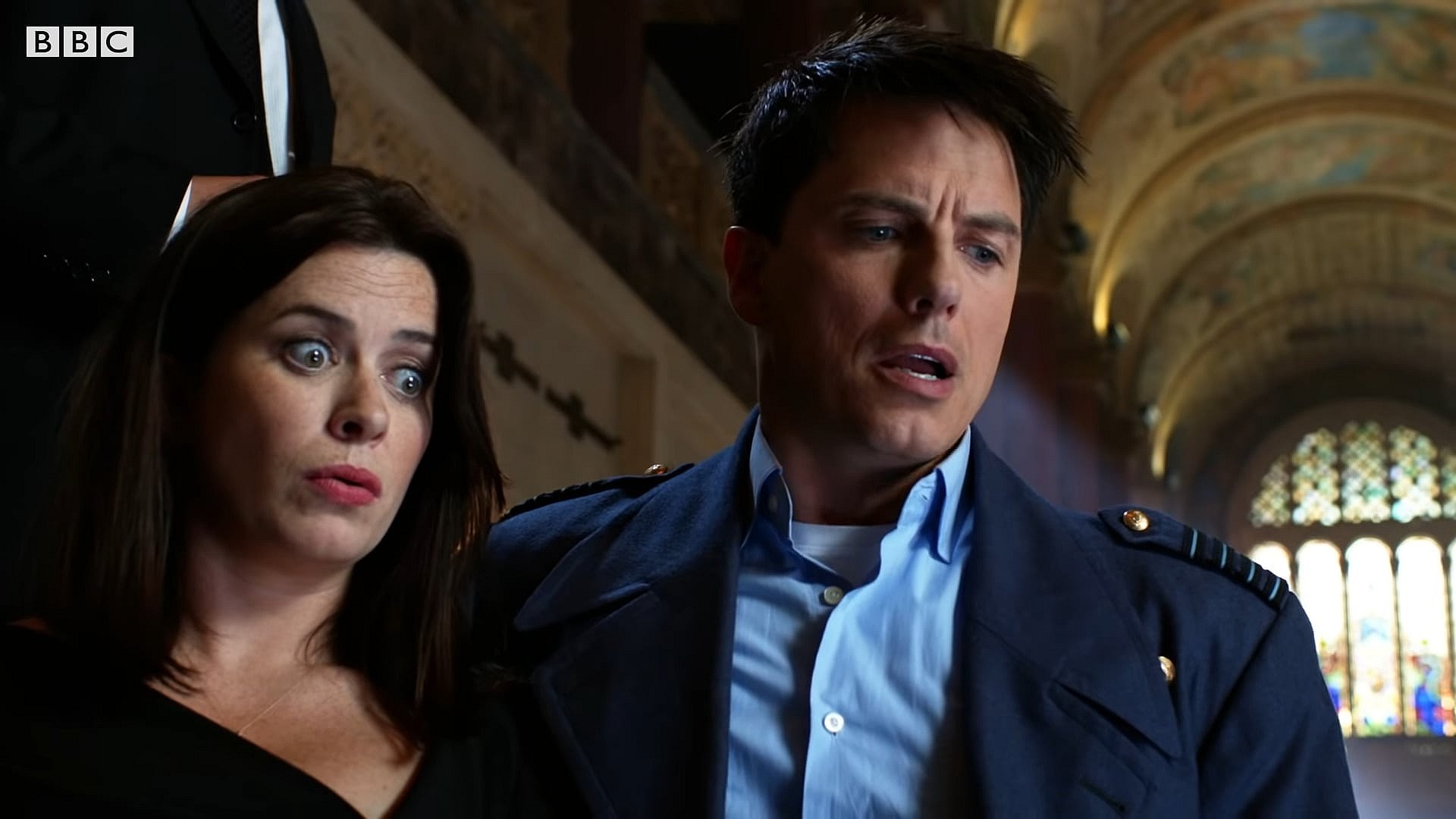
Though the show was extremely heavy-handed with gay and lesbian messaging, but its writing still managed to balance itself out, solidifying Torchwood as an entertaining detour within Doctor Who’s universe.
Then, hot on the heels of 2009’s incredible and amazing Children of Earth miniseries, came 2011’s Miracle Day.
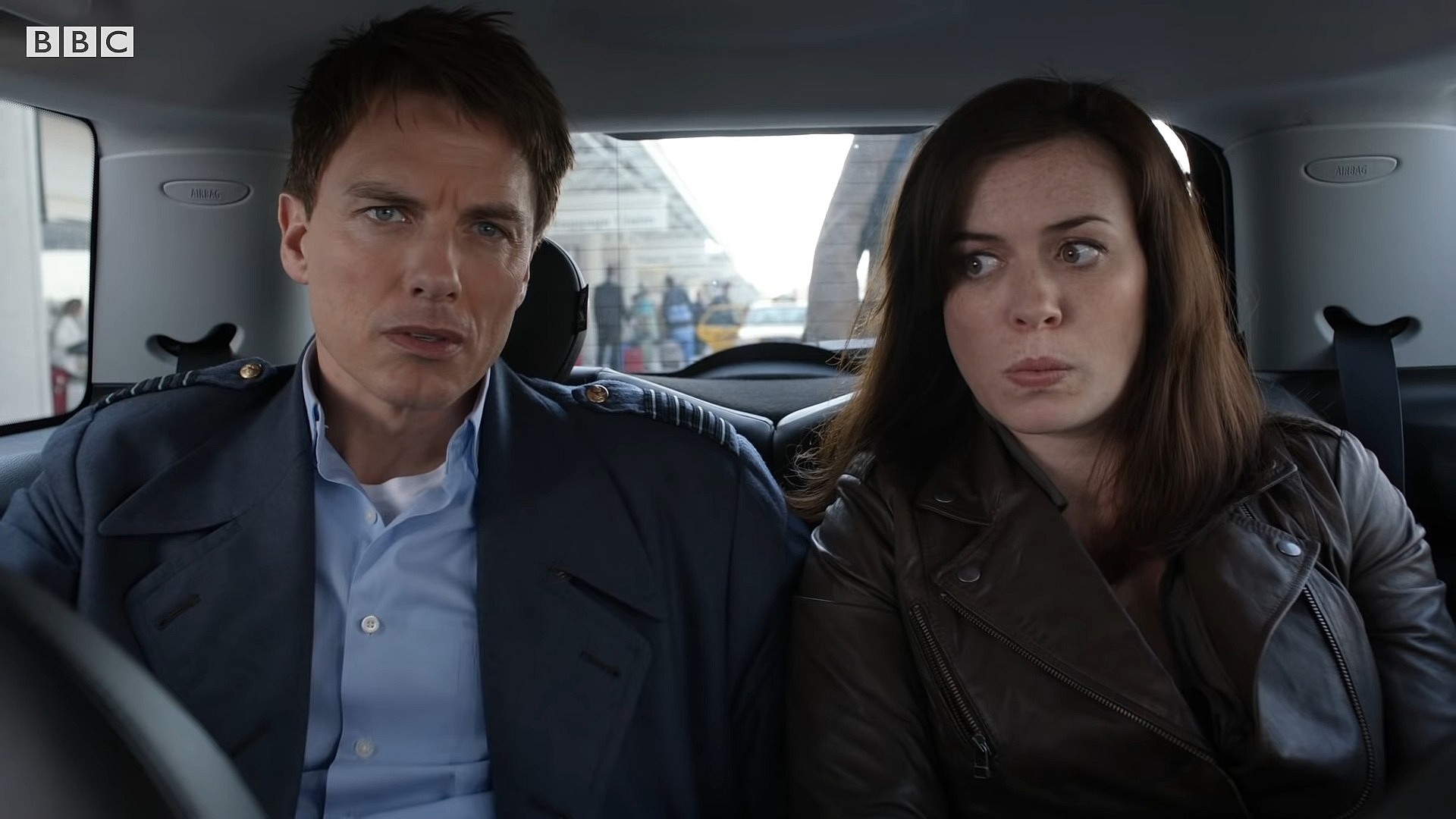
While fans expected Davies to produce a series with the same powerful messaging and tightly-woven narrative as his previous works, it never came to pass.
Instead, Miracle Day was a disaster, specifically because it took its eye off of its story in the latter half of the series.
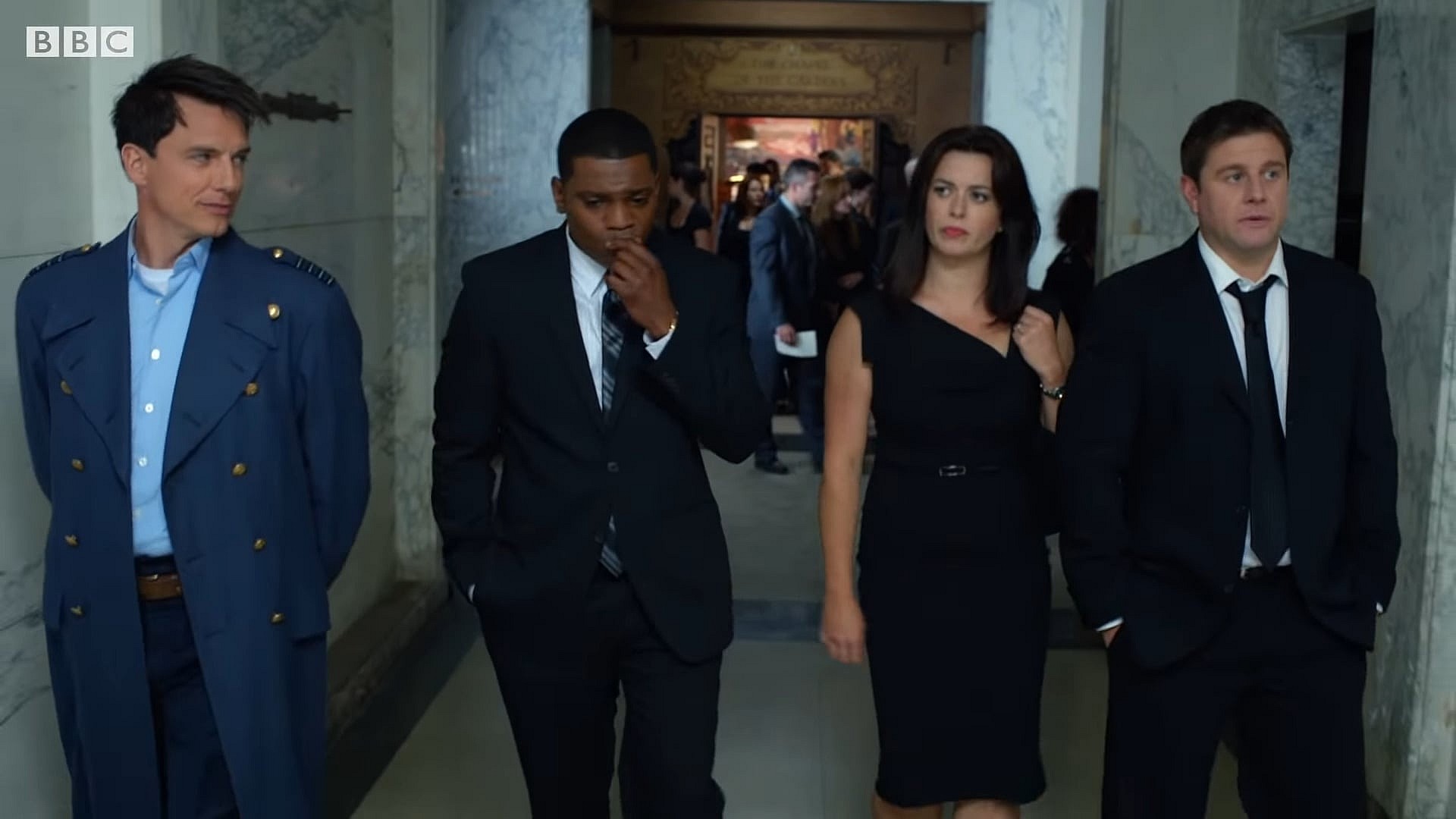
The most obvious example of this stumble was the series seventh episode, Immortal Sins.
Rather than focus on the main plot about an entire planet of people that cannot die, it decided to propagandize – loudly – on the topic of being LGTBQ in the 1920s, while also taking a convenient dump on organized religion.
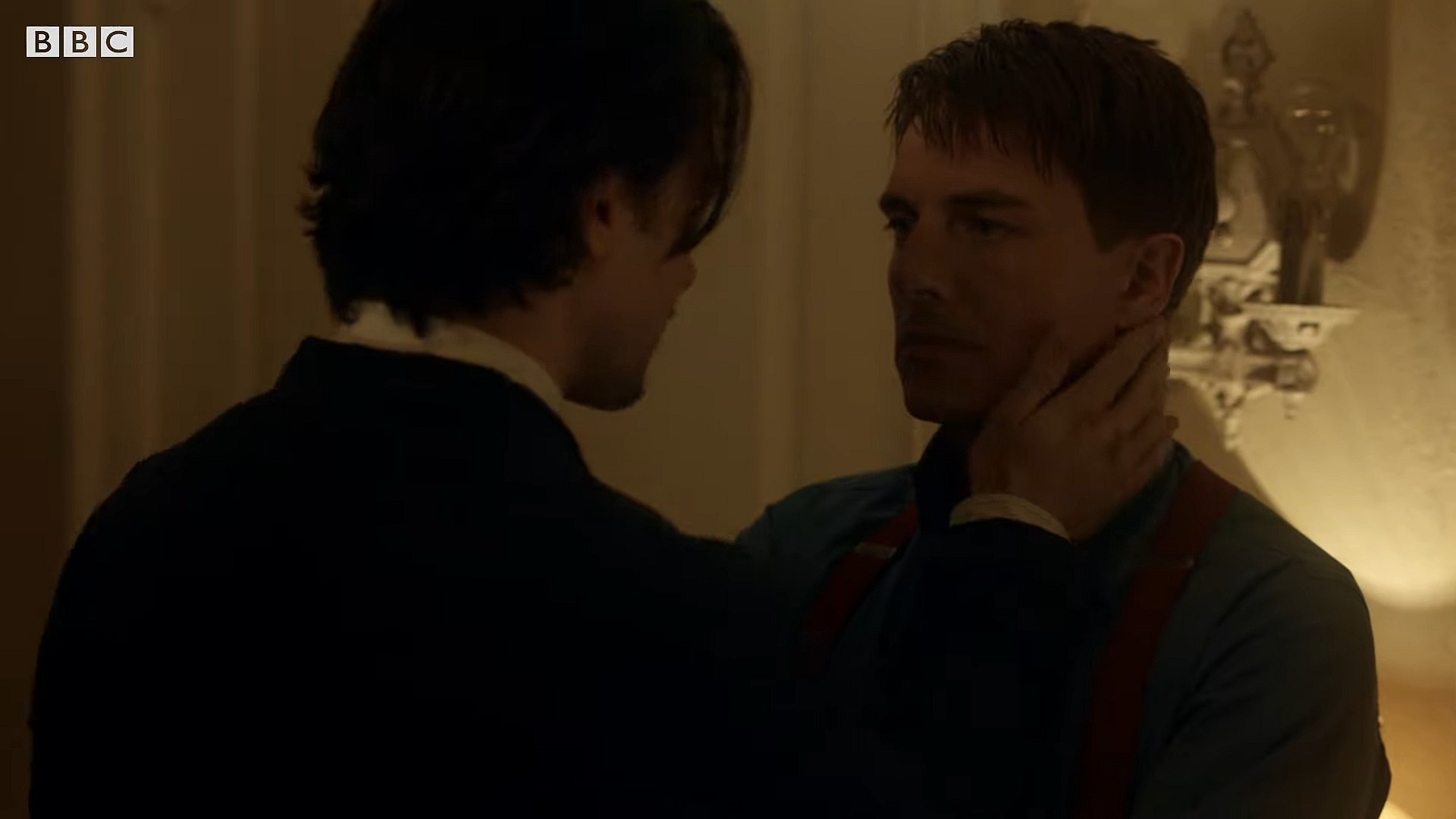
This plot deviated so radically from the main narrative that it led audiences to experience an immediate and complete disconnect from the series.
It failed to add anything to the plot and ultimately ended up derailing the last three episodes of the season.
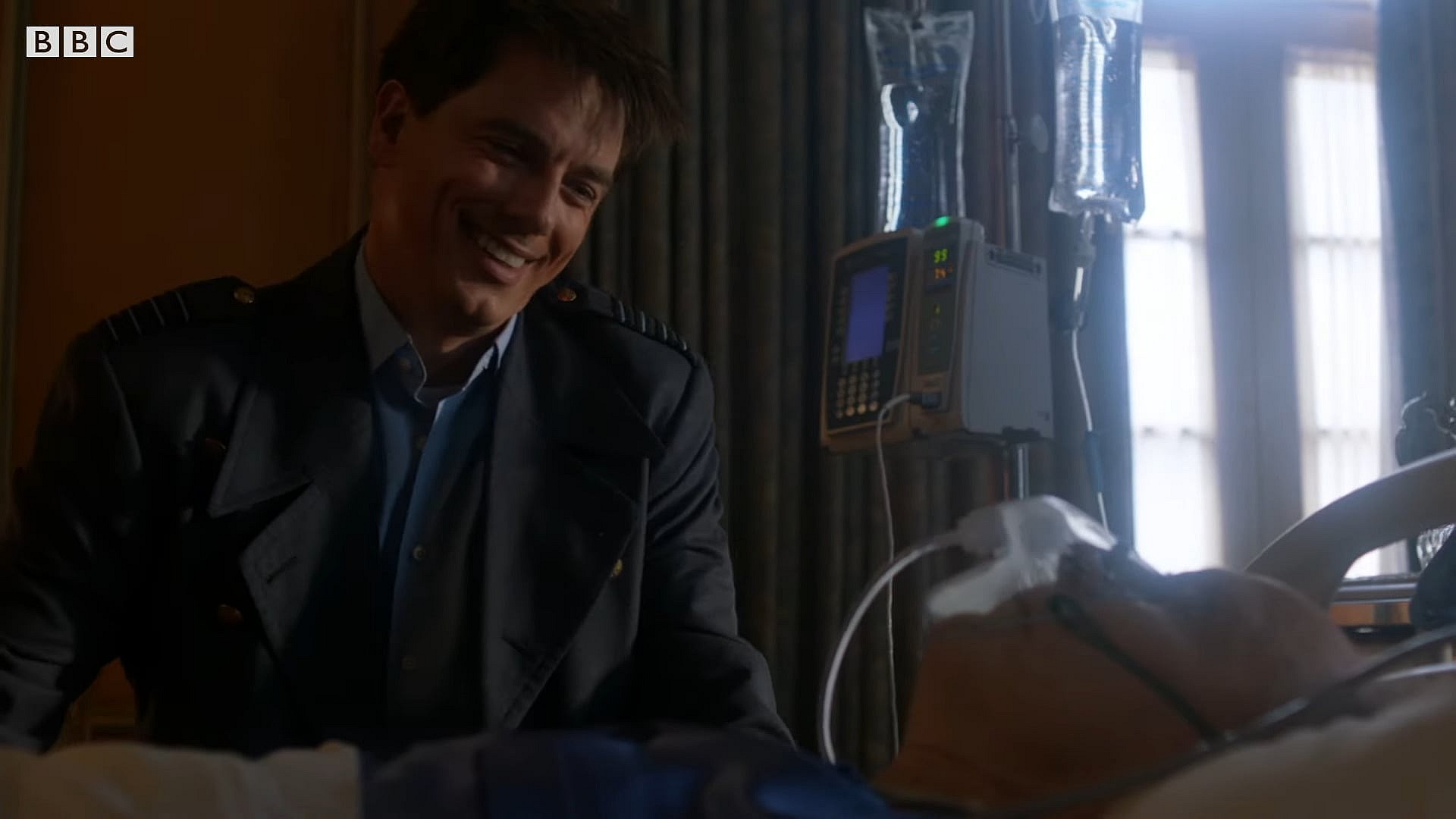
Up to that point, Miracle Day was arguably quite focused and heading somewhere interesting, but ultimately, Davies’ inclusion of this subplot was a calculated narrative risk that failed to pay off in any fashion.
A plausible theory suggests Davies might have been testing the waters to see just how far he could push the radically Left narrative before any backlash ensued.
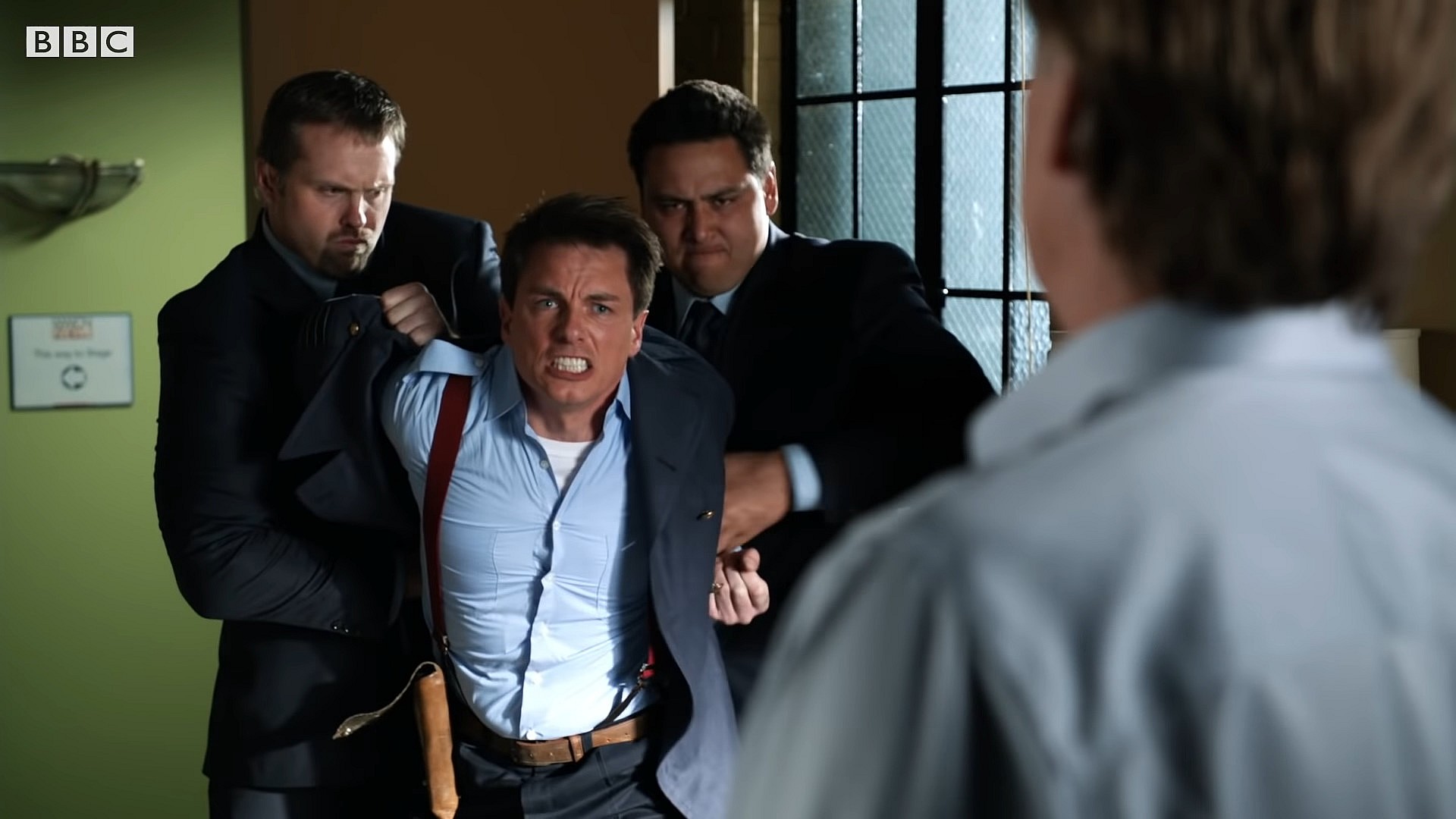
That backlash did indeed come for Miracle Day, eventually damning the miniseries to a fate of awful reviews and poor critical audience reception.
Though this came as a shocker to some given the runaway success of Children of Earth, for others, it became clear that such extreme political propagandizing would always comes at the expense of story and character development – a theme which has since become routine in today’s major productions.
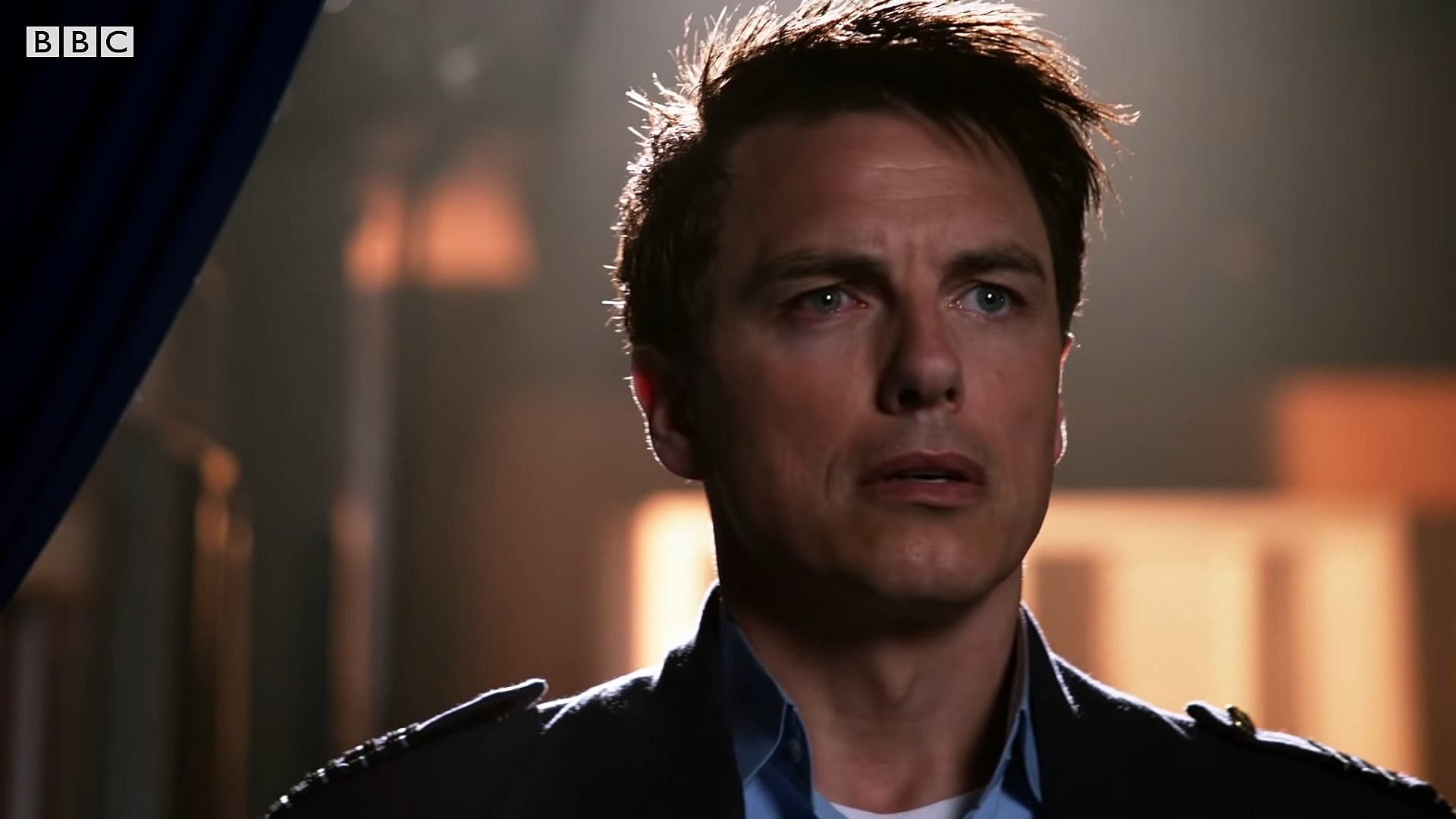
In hindsight, this miniseries was arguably one of the first moments in pop culture history where radical identity politics kicked the door down and seized the soapbox with violent aggression.
Not only that, but it was also one of, if not perhaps the first time mainstream audiences, sadly unaware that it was slowly metastasizing into the cancer that has since infected every corner of today’s culture, had universally rejected Wokeism.
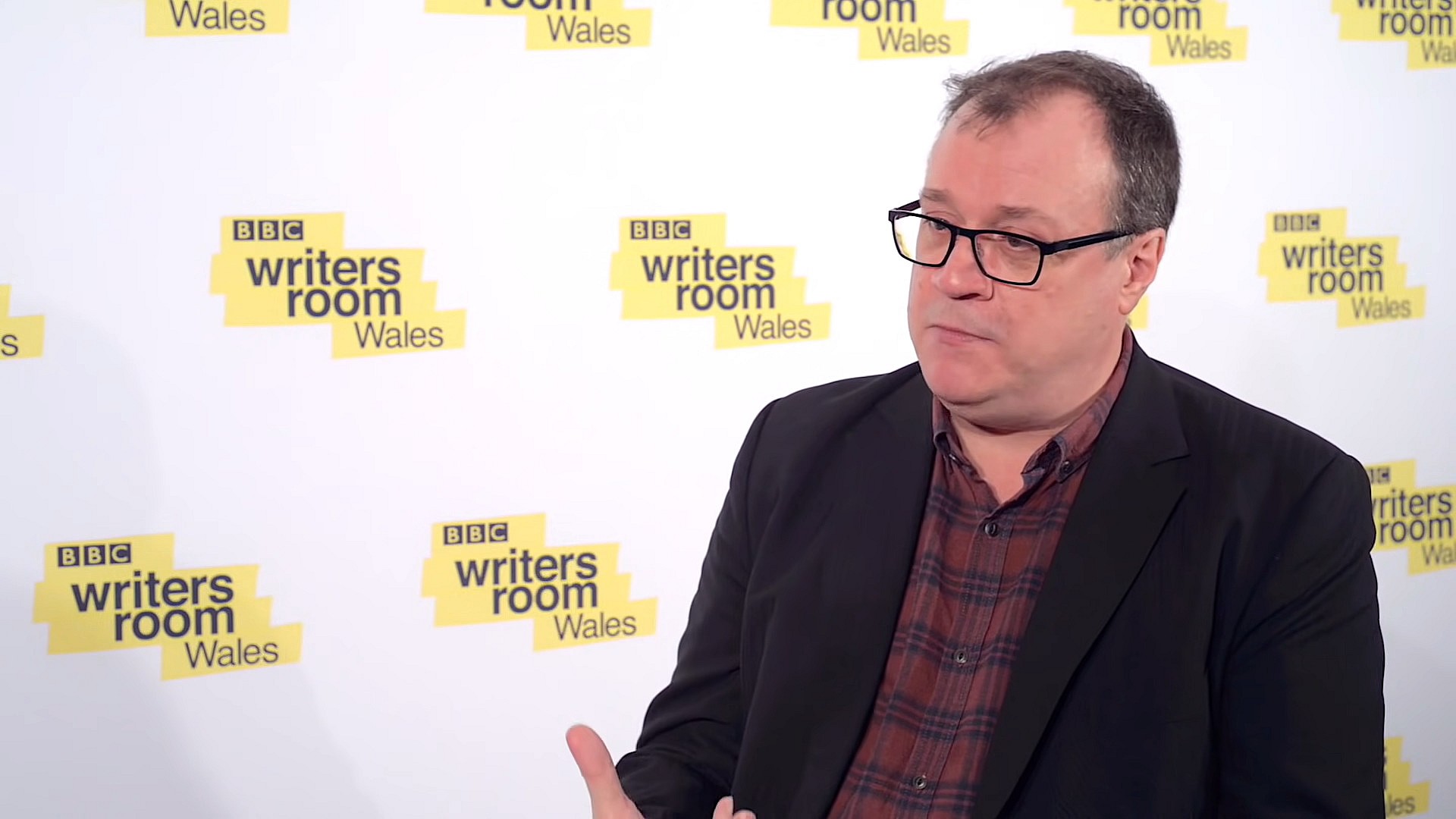
When news first came down the pipe that Davies was set to reclaim showrunner status on Doctor Who, I immediately predicted that nothing would change.
Rather, I figured Davies, at the expense of Doctor Who’s iconic lineage and historical canon, would no doubt soldier down the same path he helped create.
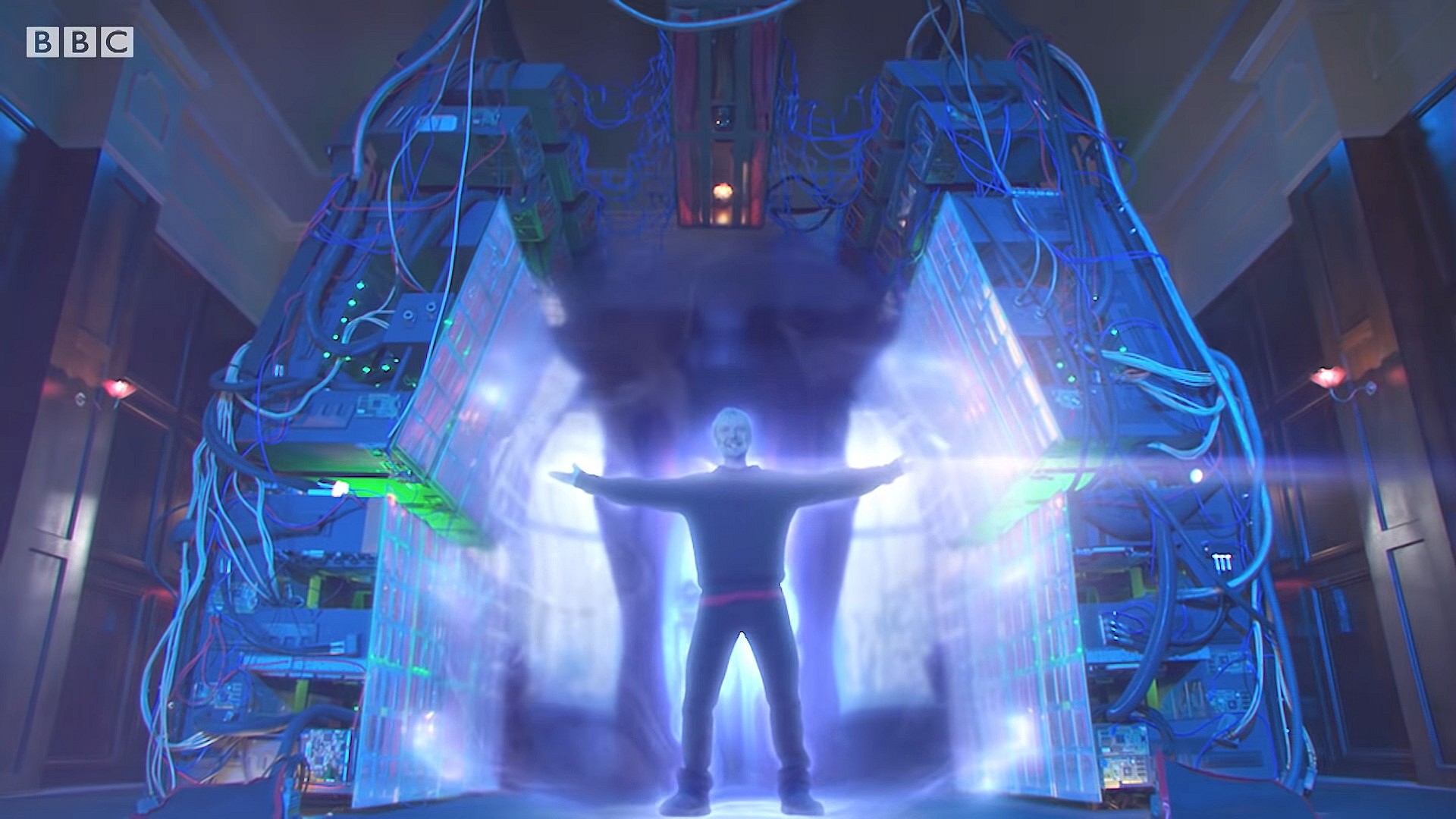
Given that his childhood love for the show stands in direct contrast to his immediate predeccesor’s hatred of it, Davies may indeed try to retcon some of Chibnall’s horrifically bad creative decisions.
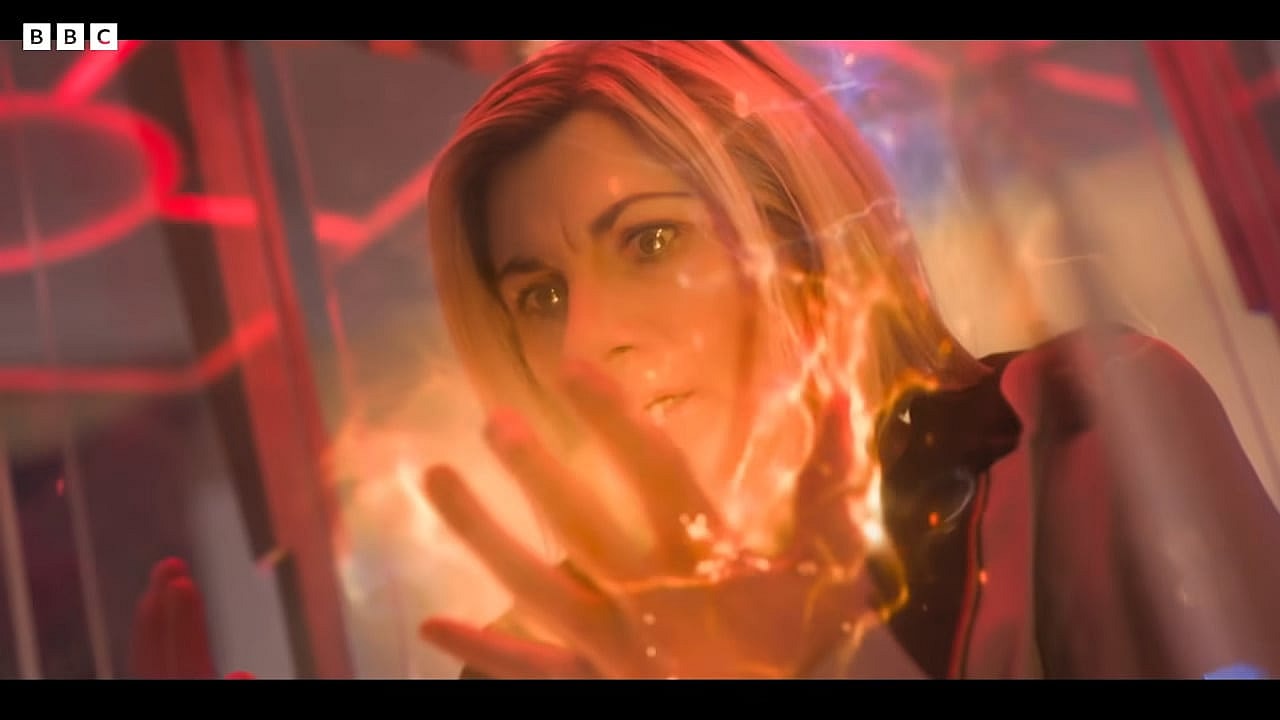
However, there remains a significant risk that the heart and soul of Doctor Who will remain hijacked.
If Russell and company keep writing stories that are accessible only to radical identity politics zealots, it’s likely casual fans and moderate viewers will continue to find themselves alienated.
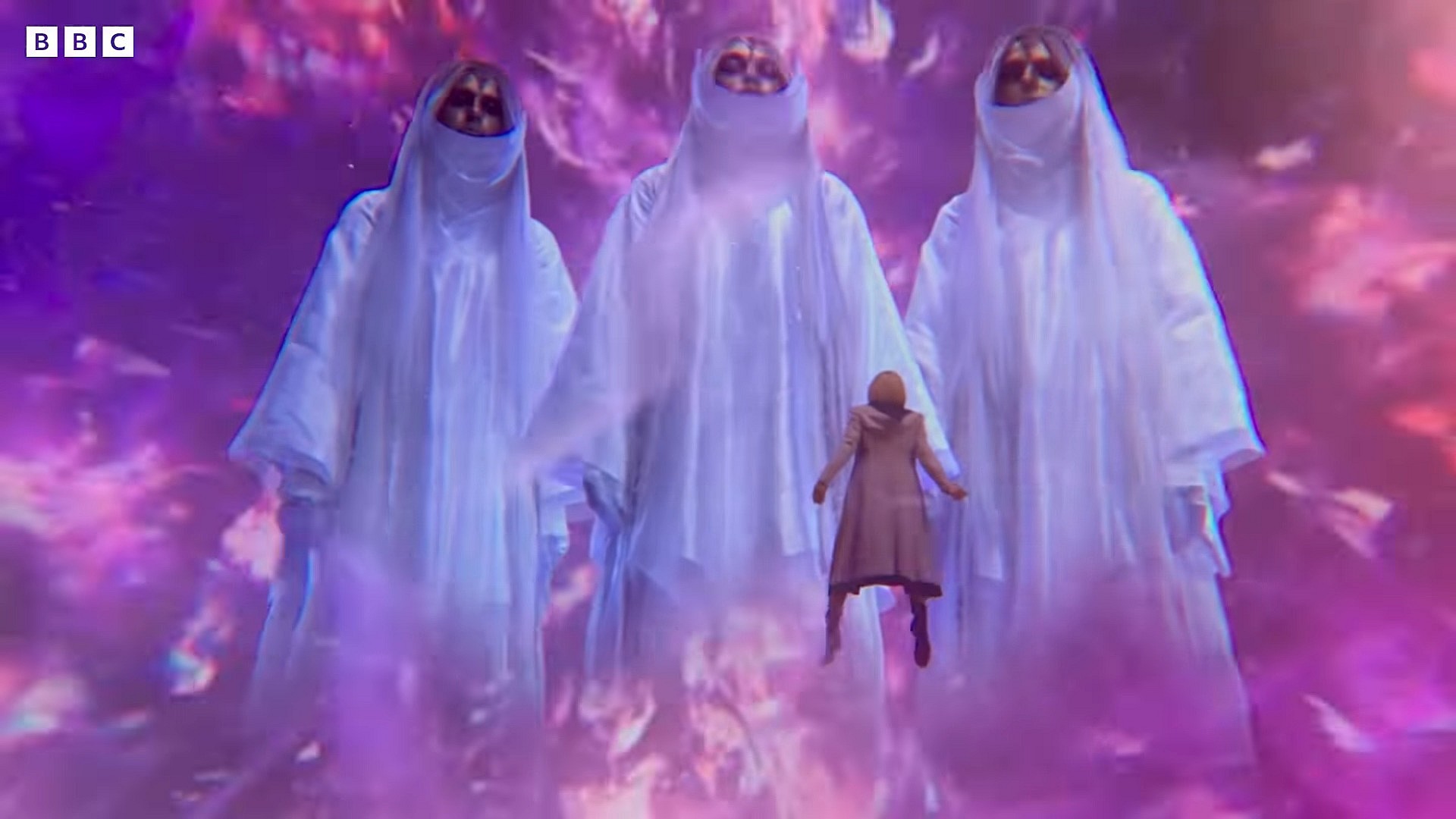
RELATED: Doctor Who Ratings Nosedive – Appear To Be In Freefall With No Basement
Further, if Davies has already fooled himself into thinking that he can straddle the line and find some sort of common ground that appeals to everyone, he’s soon to discover that’s simply not possible.
Political and social polarization have so firmly taken root and entrenched themselves in near every aspect of entertainment at this point, and what little does appeal to the socially justice inclined is almost certain to be panned by everyone else.
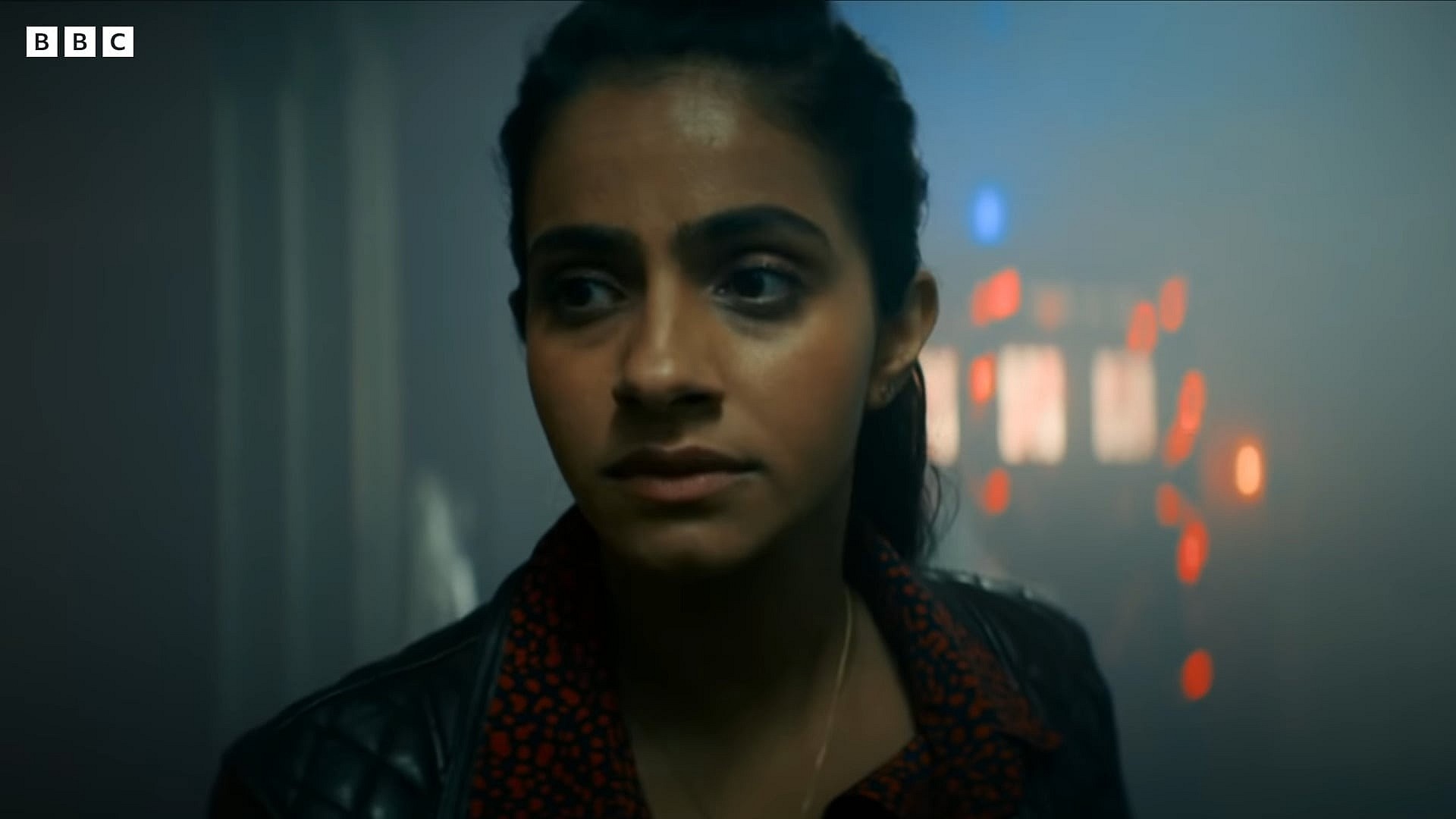
What’s more, 2022 has been a disastrous year for the radical Left on the entertainment front.
There, their ideology is finding itself on its back legs, as seen in Netflix’s purging itself of its Woke programming and employees following a horrifying stock drop, as well as Disney’s remaining dead silent on recent political issues following immense blowback and appropriate punishment from Florida governor Ron DeSantis.
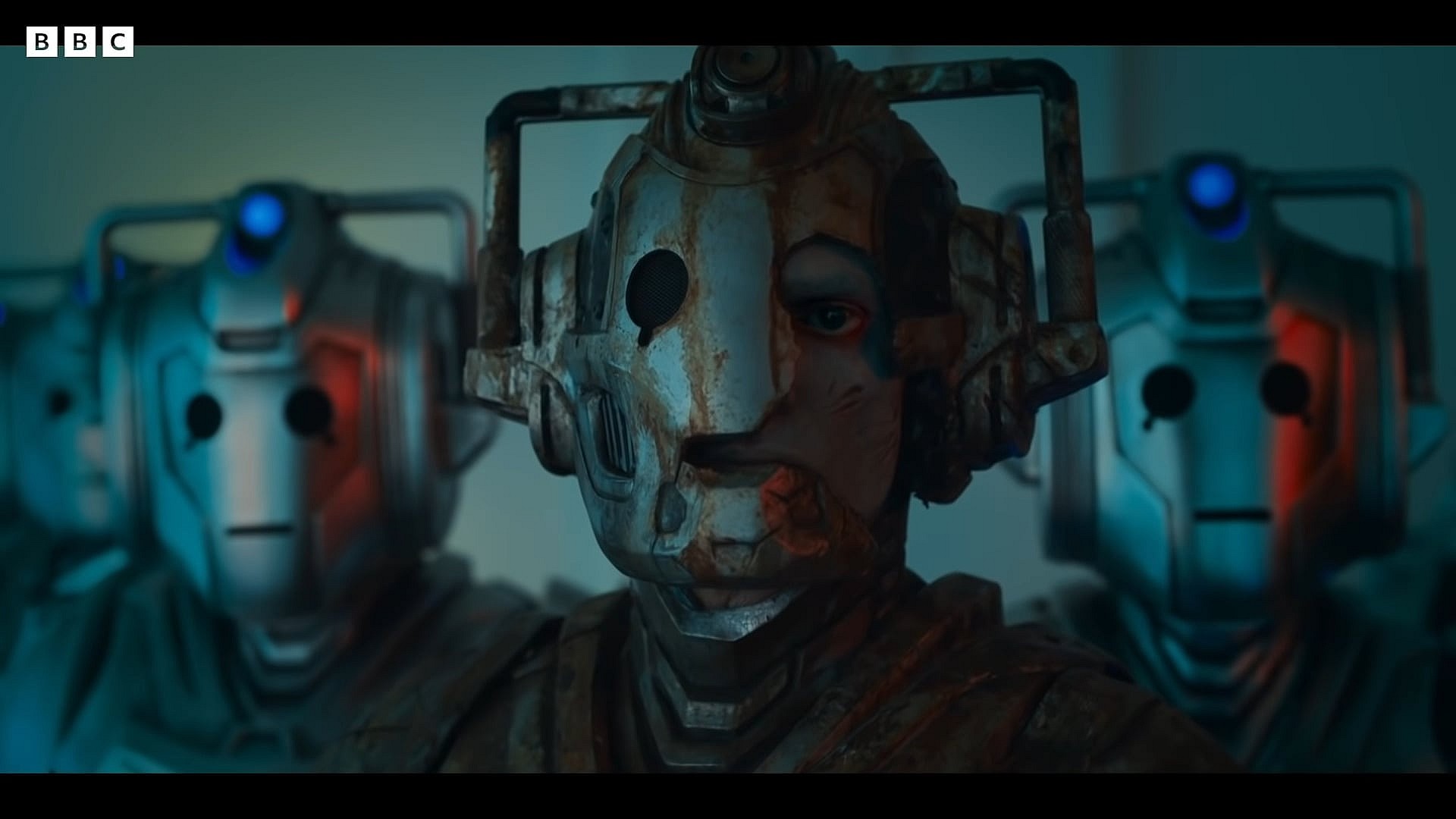
In fact, ostensibly at the desperate pleading behest of their P.R. departments, much of the Woke corporate world has seen fit in recent months to quickly staple and duct-tape their mouths shut on hot button political issues rather than risk a scathing blowback from those who simply want their culture to once again be free of such blatant propagandizing.
To that end, one must ask: will Davies have a market for his newfound audience of Woke adherents when his series debuts in 2023?
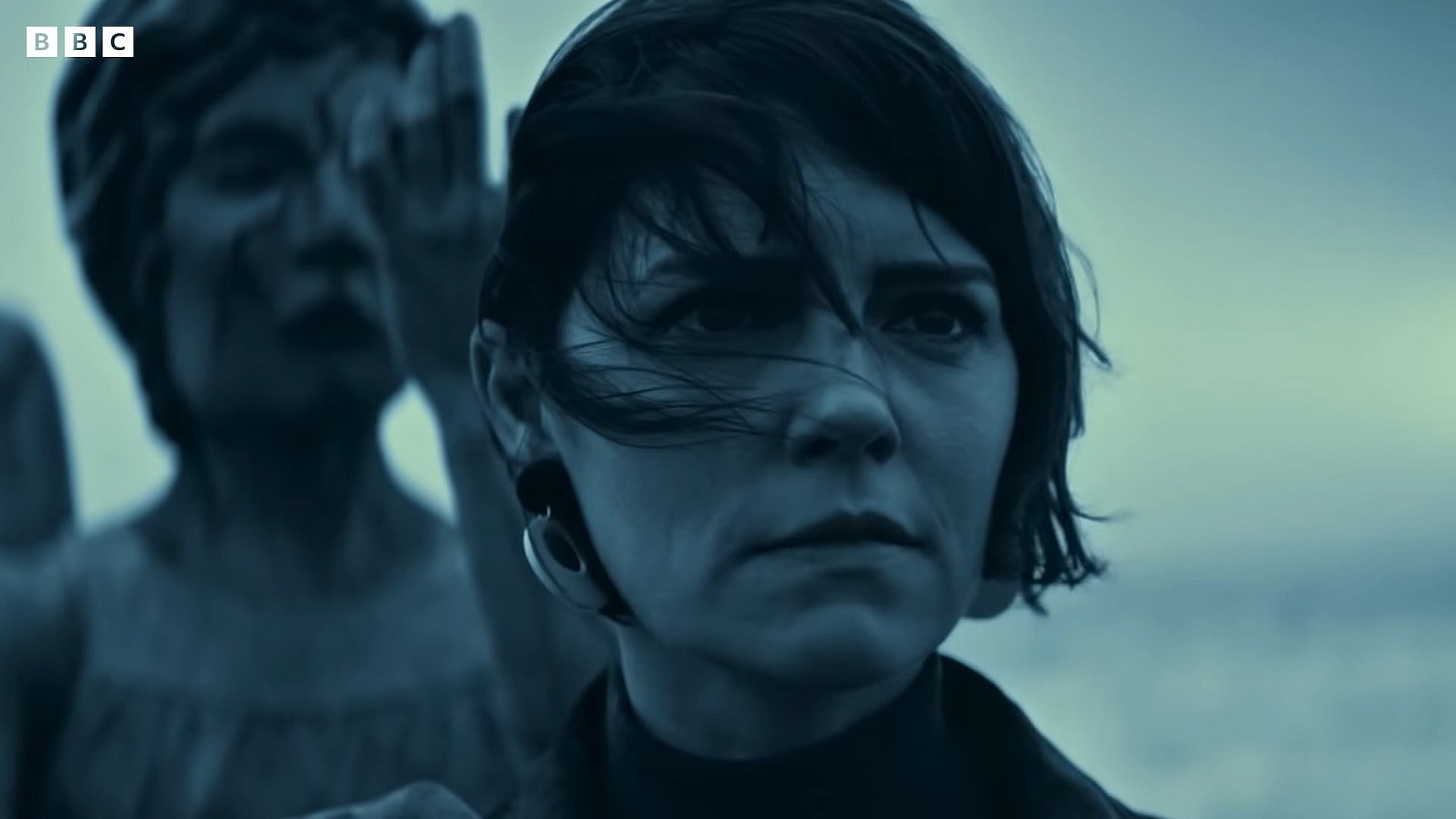
Time will tell, but it’s looking less and less likely.
At current, it seems as if the best case scenario for Doctor Who is Davies quickly figuring out that pushing identity politics on a frustrated and tired populace is a bad move before immediately correcting course.
The worst case is that the 14th season will be uncomfortably reminiscent of Miracle Day.
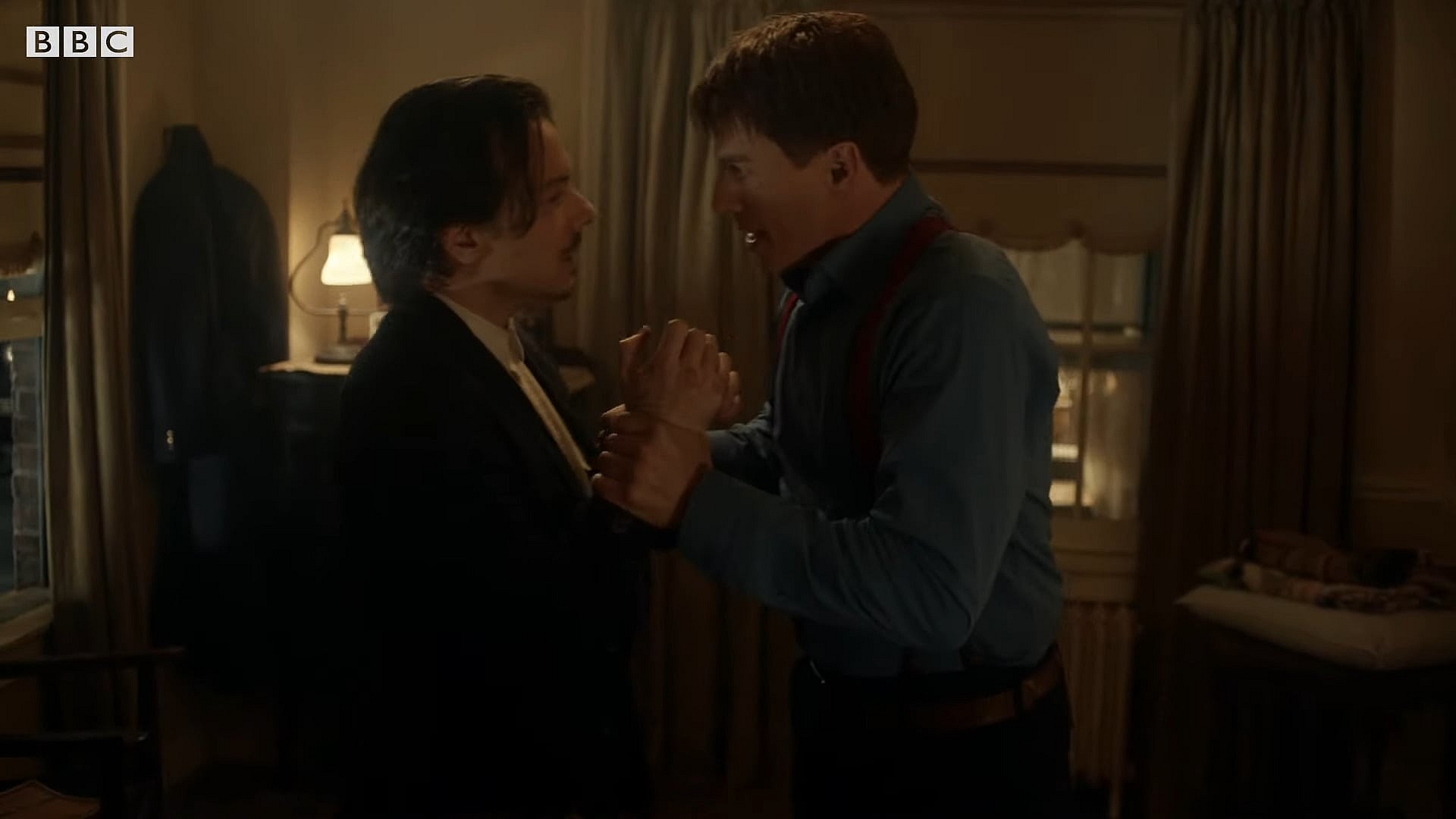
If the latter, Doctor Who may finally find itself unable to climb out of the chasm.
The show is already on life support as it is, and Davies’ return is the one chance it has to effectively reverse the series’ direction, regain its focus, and deliver an entry that everyone can watch and enjoy.
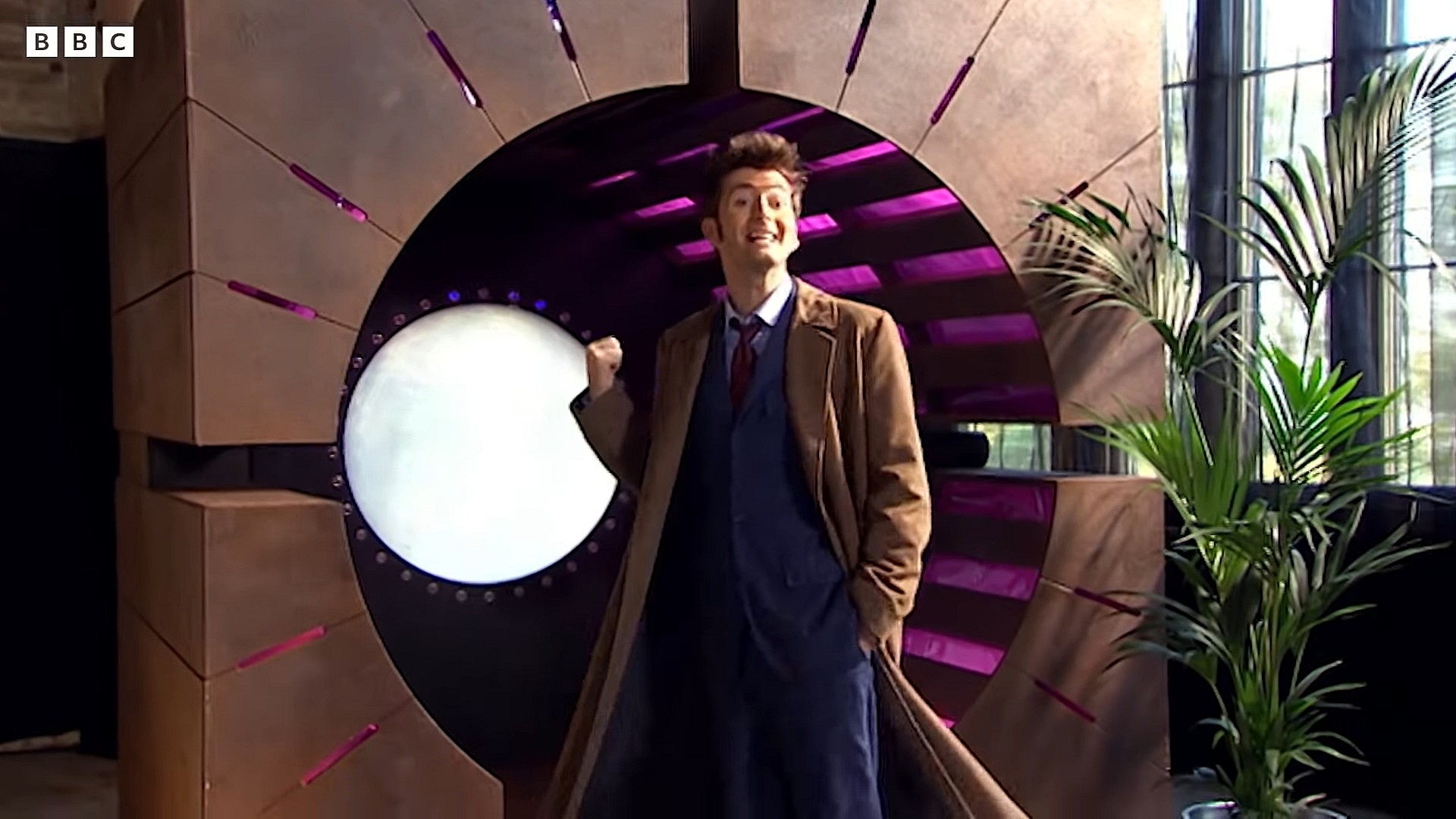
Of course, it’s also entirely possible that Davies manages to pull a rabbit out of his hat and somehow balance all of these elements properly, in which case the 14th Doctor would be a glorious return to form.
However, the chances of that happening are less than the producers permanently mothballing the Daleks for all time – in other words, they just can’t help themselves.
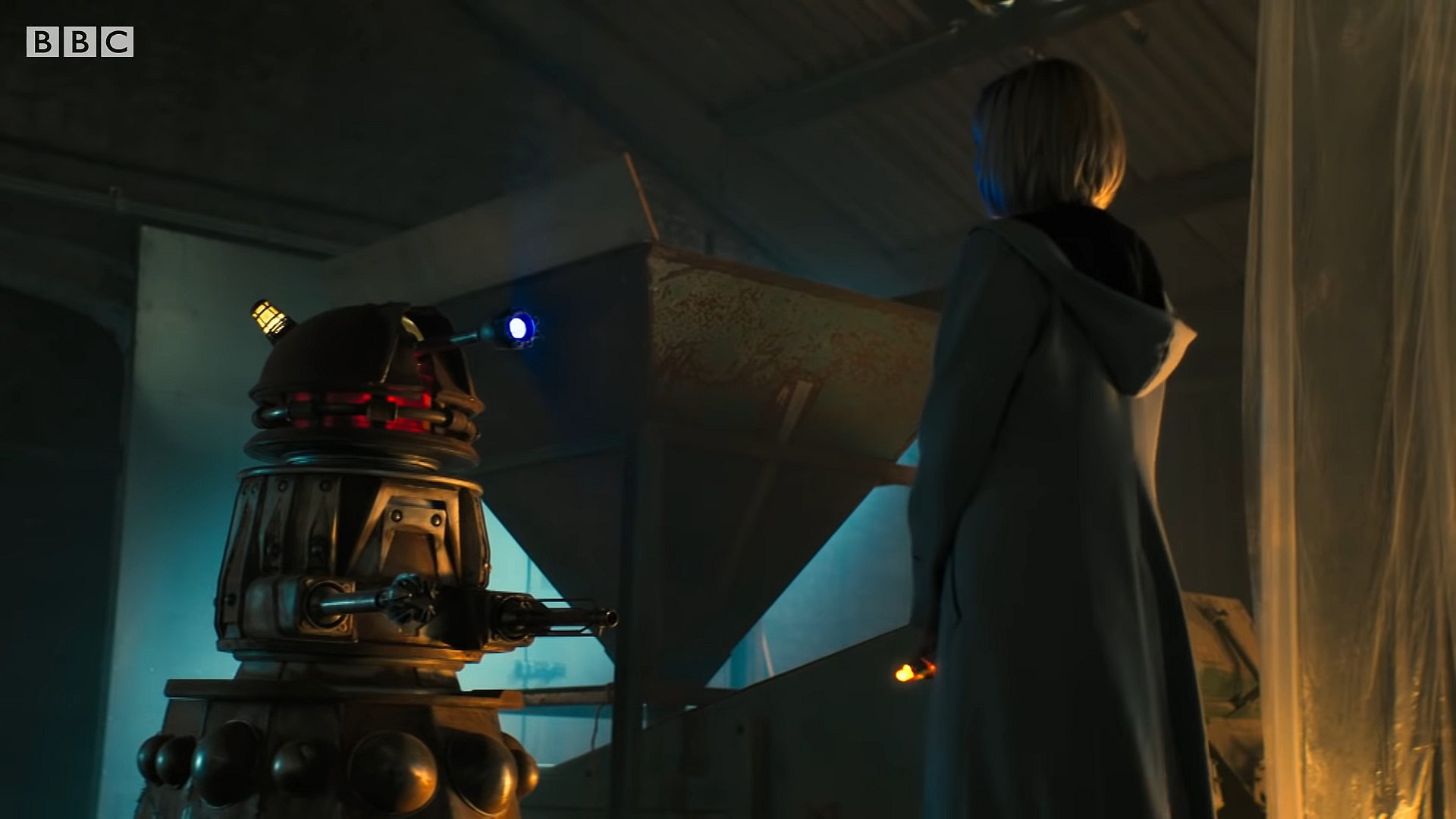
All said and done, this writer holds a slim-to-none opinion that the Davies of 2005 is still with us and firing on all cylinders.
In fact, I’d say there isn’t a Jelly Baby’s chance in Hell.

What’s your outlook on Davies’ return to Doctor Who? Let us know your thoughts on social media or in the comments down below!
